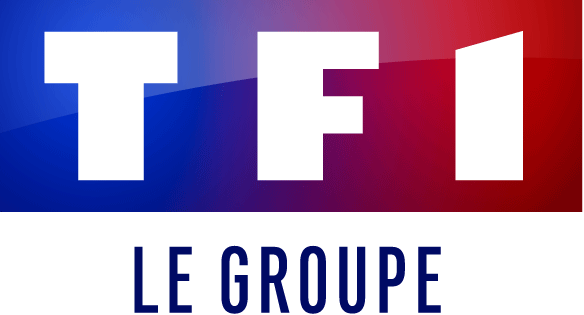
Mari Guyot, director of short-format B2B production at TF1 production, Angélique Tessier, head of business development at TF1, and Céline Roux, animation and international fiction producer at TF1 Production, are the founders of the first diversity network in the French audiovisual sector: Fifty-Fifty. They talk about their initiative.
Why and how did you get the idea to create the Fifty-Fifty network?
Angélique : “A lot of studies have demonstrated a clear correlation between diversity and economic performance in businesses. There is no debate over that correlation anymore. A natural diversity exists at the TF1 group, staffed 50% by men and 50% by women. But major disparities remain if you look at business functions. For example, women are more present in the communication and human resources departments and men in technical activities. Also, there is an imbalance in the Group’s management committee, comprising just 31% women employees.
Céline : Based on that observation, a gender-diverse group of 15 employees looked at ways in which diversity could be promoted at TF1. We presented our conclusions and proposals to the Senior Management in early 2015, leading to an action plan called ‘Diversity and Performance’, rolled out in first-quarter 2015. The creation of the Fifty-Fifty network is one of the actions in the plan.”
Can you describe the Fifty-Fifty network in one sentence?
Mari : “It’s a diversity network made up of men and women and executives and non-executives aimed at supporting the personal and professional development of our members while creating relations between them. We are very honoured that Catherine Nayl, Executive Vice-President, News and Information at the TF1 group, accepted to become the sponsor of Fifty-Fifty.”

What are your main actions?
Céline : “We want to foster three types of action: those focused on the exterior, including the partnership formed with the Professional Women’s Network (PWN); those focused on the company, with the organisation of breakfasts to create relations between our members and the roll-out of special TF1 workshops; and those focused on individuals, with our members having access to personal development events and initiatives.”
How do you see the future development of the Fifty-Fifty network?
Angélique : “Today, Fifty-Fifty has 150 members, 80% of them women and 20% men. In the short term, the network would like to attract more men because we think that male/female complementarity is vital to this question. The debate on diversity cannot move forward in any real way without that complementarity.”
Mari : “We also aim to develop partnerships with other groups and organisations, as seen in the partnership signed in December 2015 with PWN to develop common initiatives on diversity and strengthen the involvement of men in this issue at all levels of the company.”



